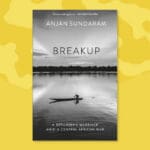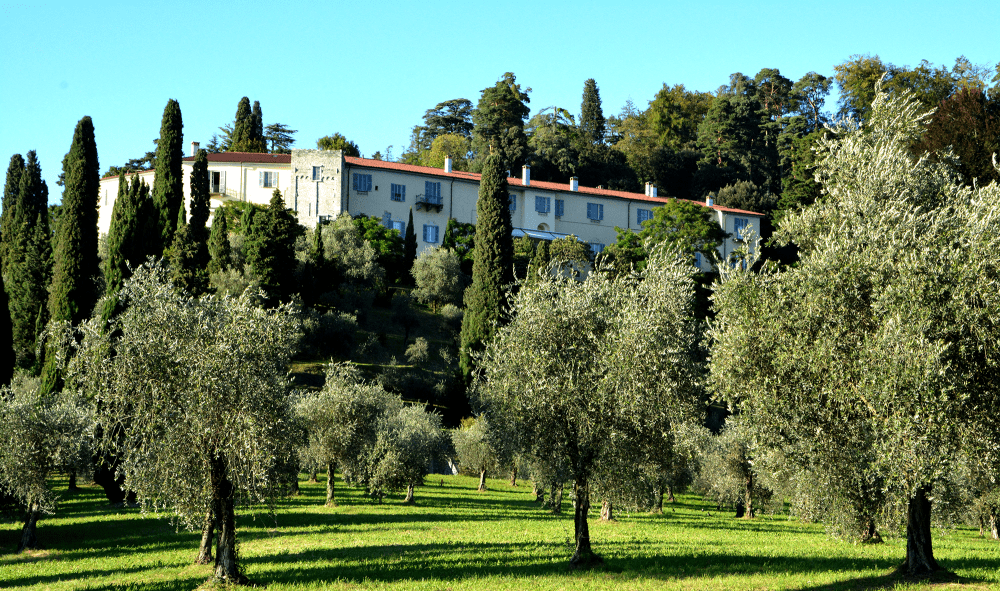Anjan Sundaram is an award-winning author, journalist and television presenter, whose war correspondence has won a Frontline Club Award and a Reuters prize. Hailed as a “successor to Kapuscinski,” his previous books are “Bad News: Last Journalists in a Dictatorship” (an Amazon Book of the Year) and “Stringer: A Reporter’s Journey in the Congo” (a Royal African Society Book of the Year). Sundaram has reported from Central Africa for The New York Times, The Washington Post, The Daily Telegraph, The Guardian, The Observer, Granta, Foreign Policy, Politico and The Associated Press.
A few words from Anjan:
 “At Bellagio, I was revising a draft. I reshaped the frame of the book while there to bring in my personal story as a new dimension.”
“At Bellagio, I was revising a draft. I reshaped the frame of the book while there to bring in my personal story as a new dimension.”
Quote from Breakup:
“I moved away from the world and my family gave me refuge. In my wife’s embrace, in the bliss of my home, I believed I could never again be alone, never again be helpless.
In July 2013, I became a father. Raphaëlle’s birth reinforced our family. She looked fragile, so obviously mortal. She brought me new obligations, as a father: to work and earn money.
But she did far more. I looked down over her, and lifted her up in my arms, and thought she could not be all that I left behind, of myself, in the world. My work acquired a new significance. It became a way to nourish and shelter her, and also to take distance from her. I searched my past, seeking work to which I felt an old connection, that had shaped me, and to which my link felt elemental, pure, necessary.
The most isolated major war in the world was then underway, in a country called the Central African Republic, among the world’s most sparsely populated places. This conflict was perhaps even more deadly than the Syrian war, which at the time dominated newspaper headlines.
But Central Africa, home to several long-running wars, rarely made the first page.”
Synopsis:
After ten years reporting from central Africa, Anjan Sundaram is living a quiet life in Canada with his wife and new-born. But when preparations for genocide emerge in the Central African Republic, he is suddenly torn between his duty to his family, and his moral responsibility to expose the conflict.
Soon he is travelling through the CAR, driven by a possible spy — discovering ransacked villages and locals fleeing imminent massacre, fielding offers of mined gold, and hearing of soldiers who steal schoolbooks for cigarette paper. When he refuses to return home, journeying instead into a rebel stronghold, he learns that there is no going back to the life he has left behind.
“Breakup” illuminates the personal price paid by those bearing witness on the frontlines of humanitarian crimes across the globe. This brilliantly introspective, strikingly grounded account of perilous warzones and inner turmoil is sure to become a modern classic.
Related

January 2025
The January 2025 Bellagio Bulletin highlights stories from Warren Evans, Alice Hill, Karen Florini, Atsango Chesoni, Amitava Kumar, Vibha Galhotra and Elise Bernhardt, all engaged in work that deepens our relationships with the planet, society and one another.
More